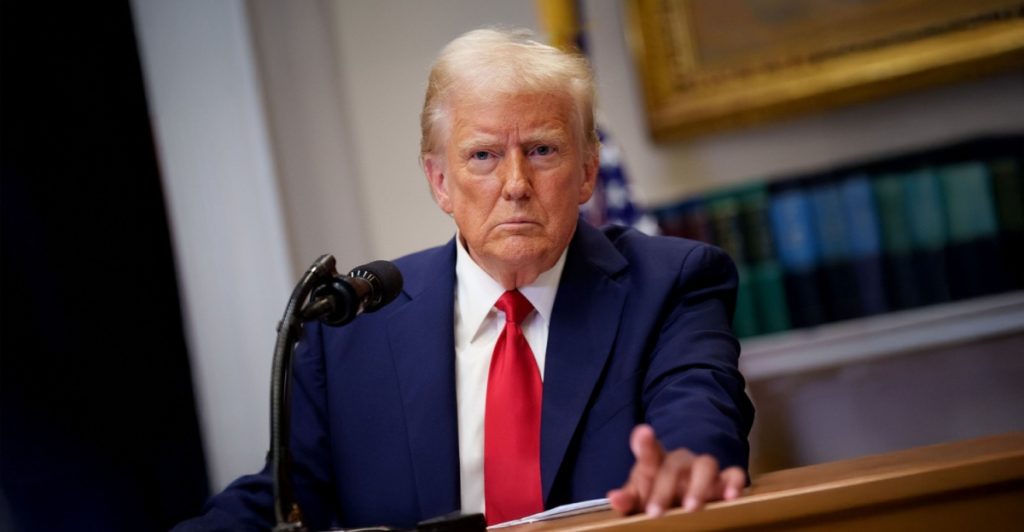On November 14, Trump interrupted Lucey’s question and snapped, “Quiet. Quiet, Piggy.” When asked for comment
Others are reading now
The White House is standing behind President Donald Trump after he insulted Bloomberg reporter Catherine Lucey aboard Air Force One.
On November 14, Trump interrupted Lucey’s question and snapped, “Quiet. Quiet, Piggy.” When asked for comment, a White House official claimed Lucey was acting “in an inappropriate and unprofessional way,” though no specific examples were given.
Trump lashes out during Epstein-related questioning
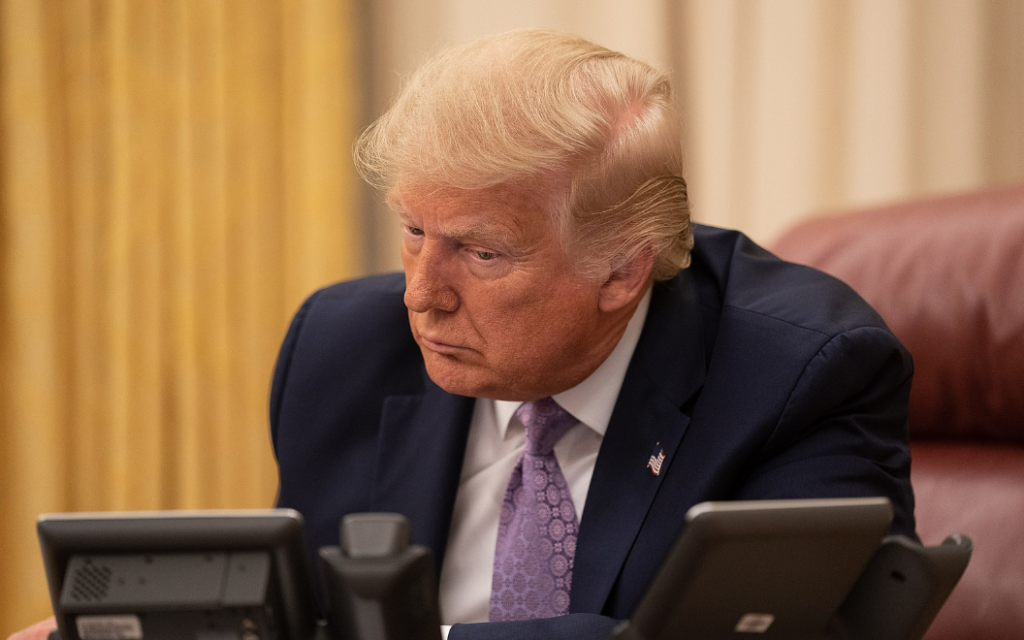
The exchange occurred as Lucey questioned Trump about the Epstein files. Trump, 79, has shifted his stance multiple times on whether those documents should be released.
While answering her initial question, he distanced himself from Jeffrey Epstein and highlighted the disgraced financier’s links to figures like Bill Clinton instead.
Attempted follow-up triggers Trump’s insult
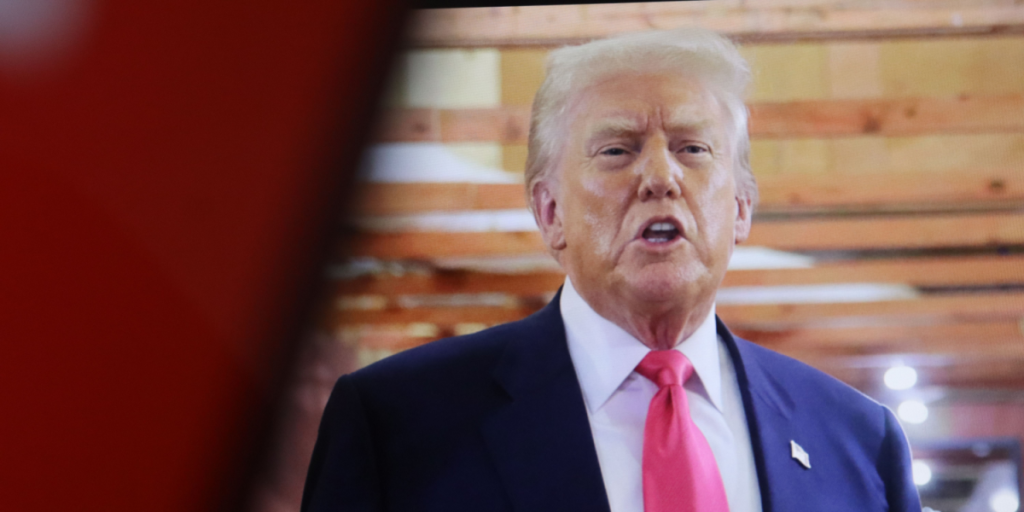
As Lucey tried to follow up, saying, “Sir, if there’s nothing incriminating in the files…,” Trump cut her off sharply. Without hesitation, he dismissed her with “Quiet. Quiet, Piggy,” and moved on to other reporters. The incident quickly drew backlash and raised concerns about Trump’s treatment of journalists, particularly women.
Also read
Bloomberg defends its journalist
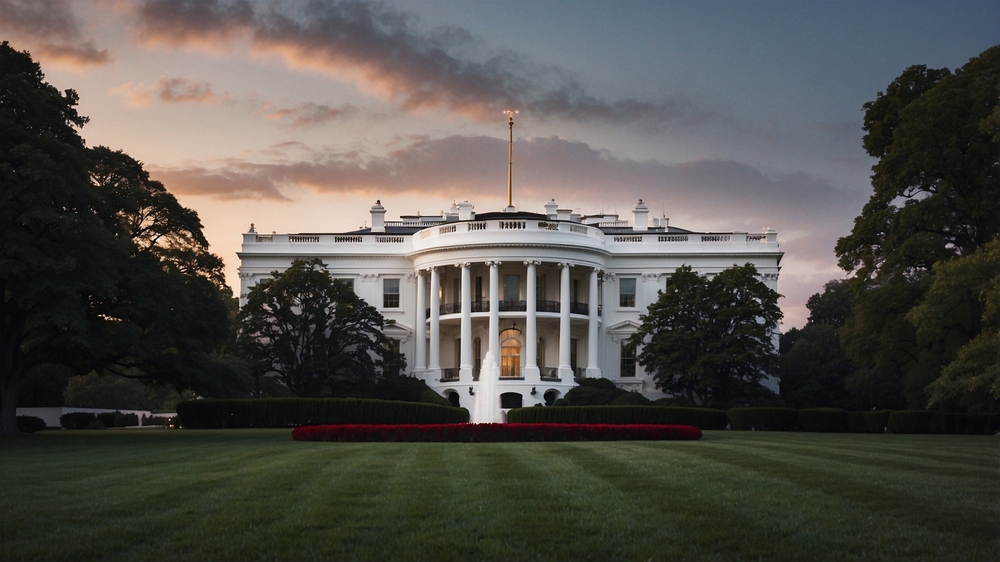
In a statement to The Guardian, a spokesperson for Bloomberg News defended Lucey’s conduct, saying, “Our White House journalists perform a vital public service, asking questions without fear or favour. We remain focused on reporting issues of public interest fairly and accurately.”
Trump addresses Epstein allegations
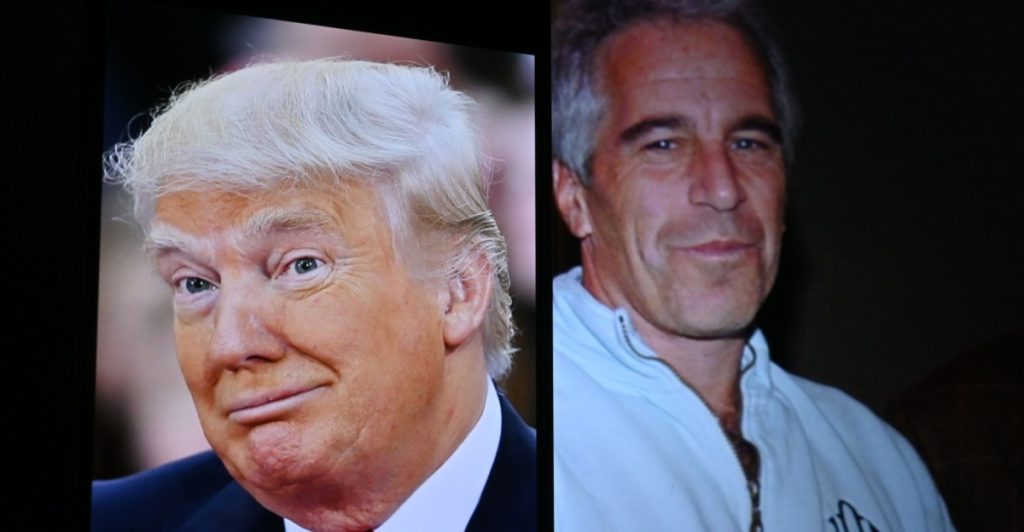
During the same press session, Trump was asked about a newly released email in which Epstein allegedly claimed the president “knew about the girls.”
Trump responded, “I know nothing about that,” adding, “If I were involved, they would’ve announced that a long time ago.”
Deflection toward Democrats
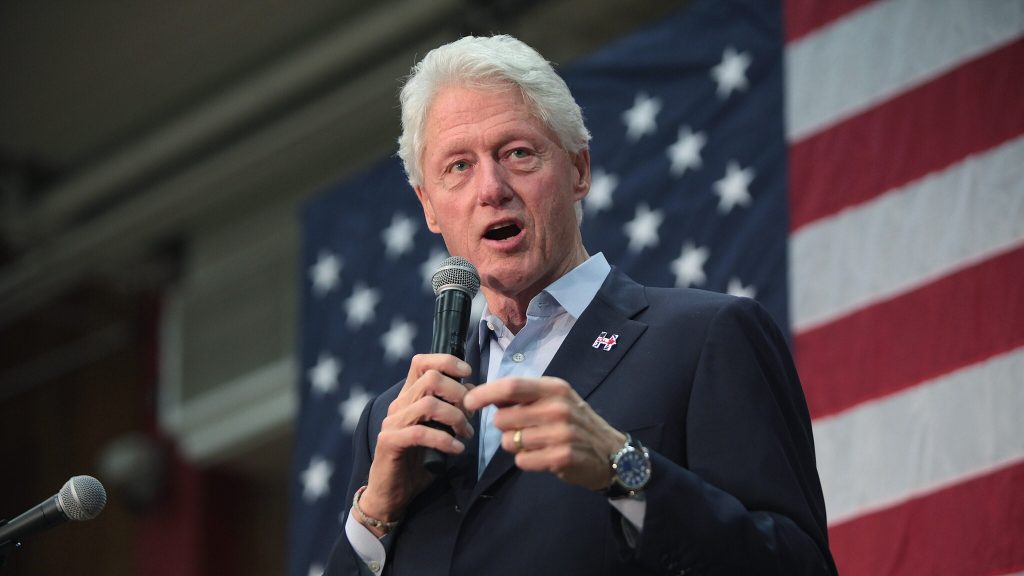
Rather than dwell on his own ties to Epstein, Trump turned his attention to others. He named high-profile individuals like former President Bill Clinton and Harvard’s former president Larry Summers, suggesting they had closer relationships with Epstein.
“It’s really what did he mean when he spent all the time with Bill Clinton… Summers, Larry Summers, whatever his name is,” Trump said.
Also read
Trump ramps up political attacks

The same day, Trump posted on Truth Social that he would ask Attorney General Pam Bondi to investigate prominent Democrats over their connections to Epstein. He accused his political rivals of orchestrating a smear campaign, calling it “another Russia, Russia, Russia scam,” and urged his followers to “stay tuned.”
Epstein files release: a shifting stance
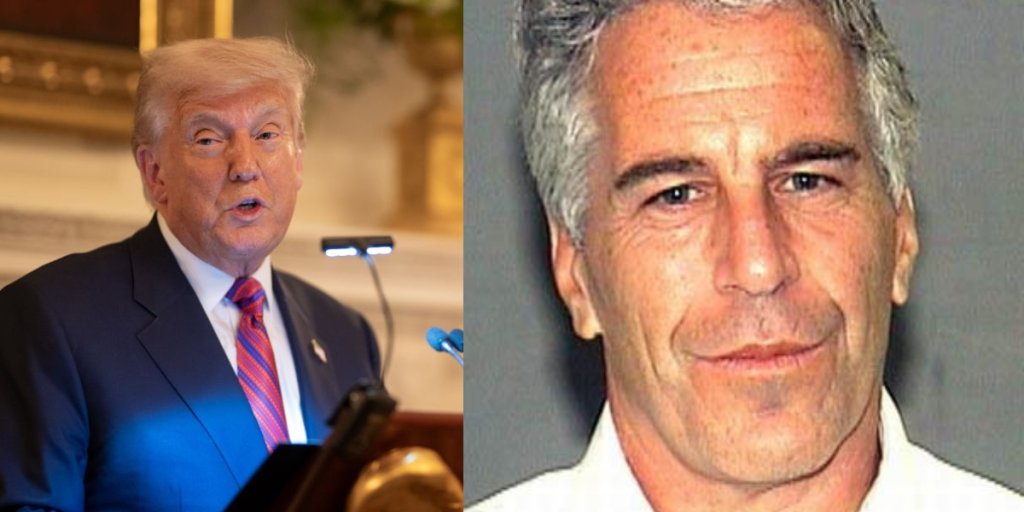
While campaigning, Trump pledged transparency around the Epstein files. However, once in office, he reversed course, calling the effort a “hoax.” That stance changed again in November, when he publicly encouraged Republicans in the House to vote in favor of releasing the documents.
Congress votes overwhelmingly for release

On November 18, the House passed the bill to release the Epstein files with an overwhelming 427-1 vote. The lone “no” came from Republican Rep. Clay Higgins, who later defended his vote on X, stating he had “been a principled ‘NO’ on this bill from the beginning.”
Trump’s shift followed Republican pressure
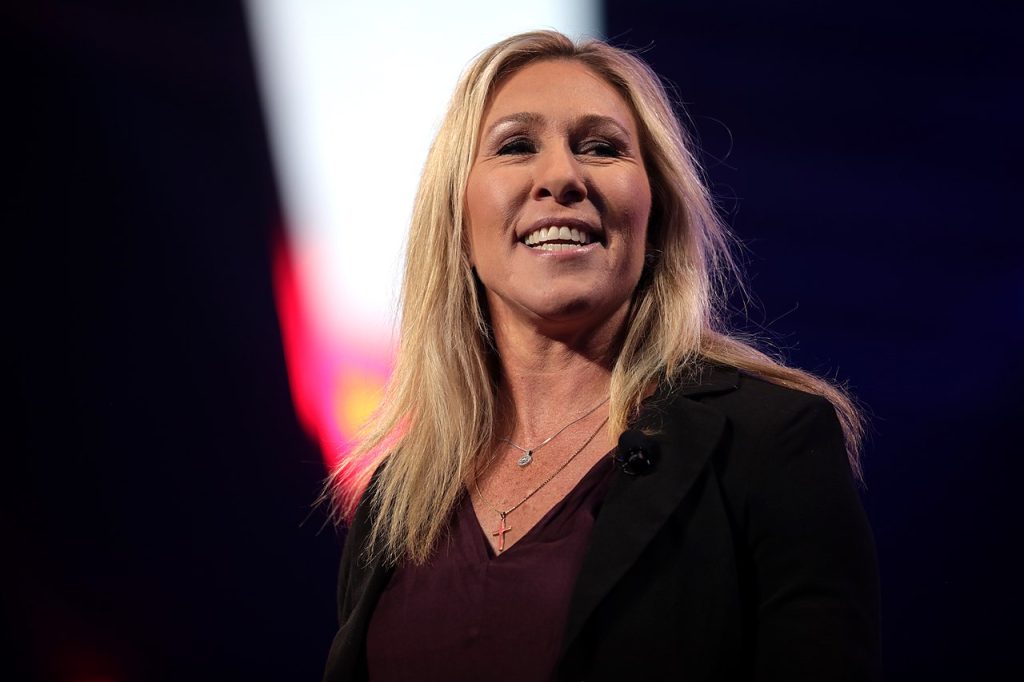
Trump’s sudden change of heart came amid pressure from within his own party. Several Republicans, including Rep. Marjorie Taylor Greene, had already pledged to support the bill. Trump reportedly labeled Greene a “traitor” on social media in response to her early backing of the measure.
Epstein emails paint a critical picture of Trump
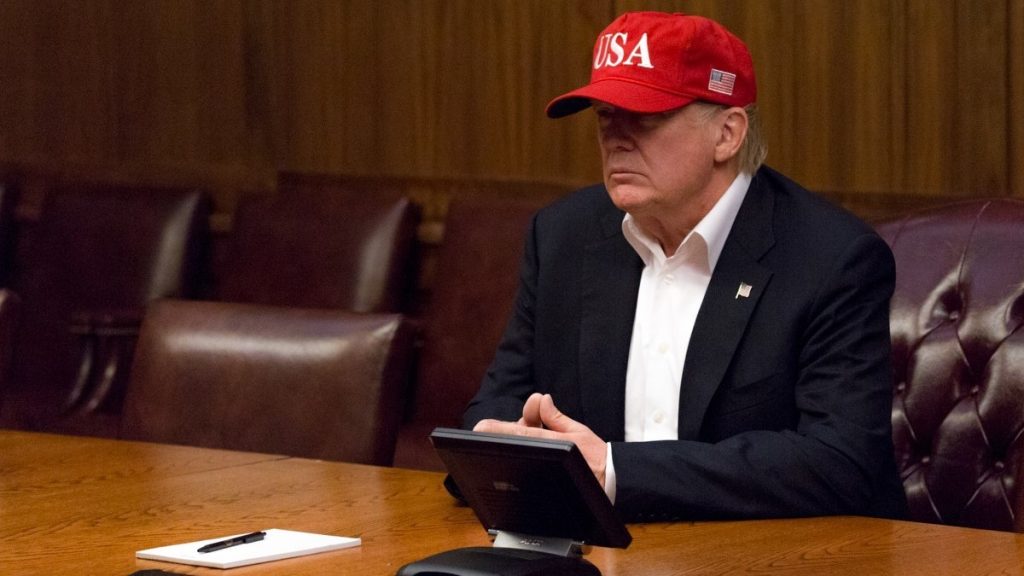
Included in the recently released trove of over 20,000 pages from the Epstein estate were emails where Epstein described Trump as “dangerous” and “borderline insane.” These revelations further complicated Trump’s attempts to distance himself from Epstein’s legacy.
Also read
Senate passes the bill unanimously
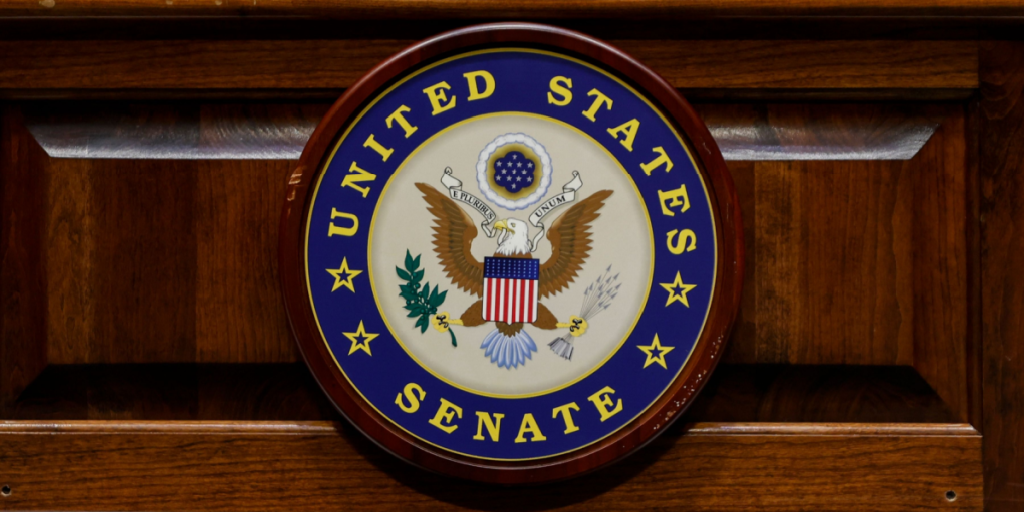
Following the House vote, the Senate unanimously approved the legislation, sending it to Trump’s desk for final sign-off. The broad bipartisan support suggests strong public and political interest in transparency surrounding Epstein’s connections and past dealings.
Trump continues to deny wrongdoing
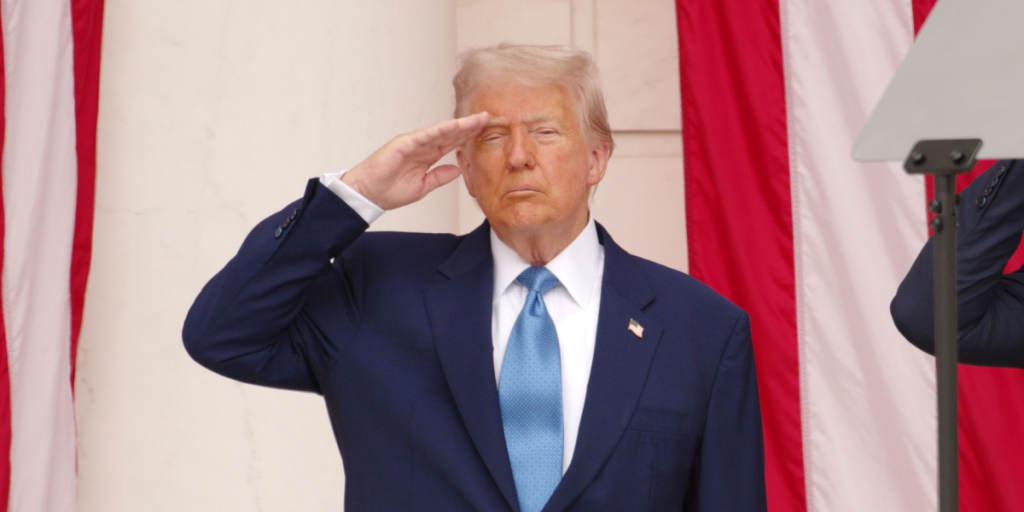
Trump has long denied any inappropriate relationship with Epstein. Epstein was arrested in 2019 on charges related to the sex trafficking of minors and died by suicide in jail a month later. Trump maintains that their relationship soured years ago, and insists he had no knowledge of Epstein’s criminal activities.

